All sense gone: cancel culture saves no one
Sydney Festival director Wesley Enoch says ‘cancel culture’ is stifling discussion when an open exchange of opinions is more vital than ever.
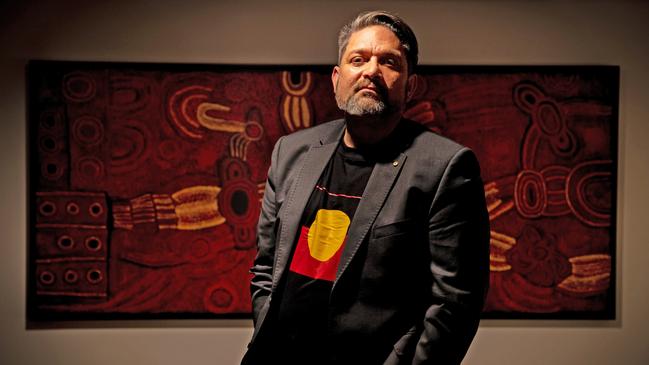
The push to dump movies and series that contain historical and racial insensitivities is a “deflection” away from more important social issues, and serves only to sweep debate “under the carpet”, according to esteemed indigenous artist Wesley Enoch.
In the wake of the controversial decision by HBO to temporarily remove 1939 classic Gone With the Wind from its schedule, and the ensuing move by Netflix to drop several shows by Australian humorist Chris Lilley, the director of the Sydney Festival said “cancel culture” was stifling discussion at a time when an open exchange of opinions on key issues, such as indigenous deaths in custody, was more important than ever.
On Wednesday, HBO Max said Gone With the Wind was “a product of its time” and depicted “ethnic and racial prejudices” that “were wrong then and are wrong today”. It said the film would return to the platform at an unspecified date with a “discussion of its historical context”.
Celebrated playwright David Williamson said the principle behind HBO’s decision would also mean half of Shakespeare’s works should not be performed or shown.
Enoch, a Noonuccal Nuugi man and former artistic director of the Queensland Theatre Company, believes “there are much bigger things to talk about”.
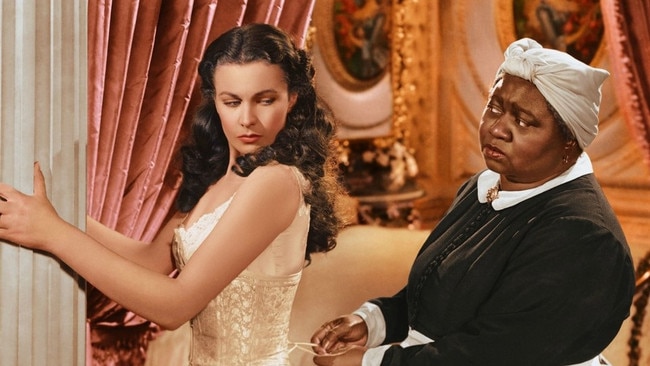
“In terms of Gone With the Wind, you cannot change history, you cannot say that this film was never made,” he told The Australian. “Ultimately, what we have to do is not just put our rage into these historical figures in film and television, but actually say what does it (social and legal injustice) mean for us today? What are we doing about it today?”
Enoch said that while people should express their opinions about shows they disagreed with, he was against them “hiding behind a kind of fragility around ‘Well, this is my opinion and no one can actually talk against it’.”
“I’d much rather have that discussion or debate, than sweep it under the carpet. I think sometimes cancel culture has a tendency to stop debate rather than enhance debate … When Aboriginal people are dying in custody — just in the last few weeks we’ve seen deaths and terrible situations of altercations with the police. Let’s focus on that, which is the thing that we need to change.’’
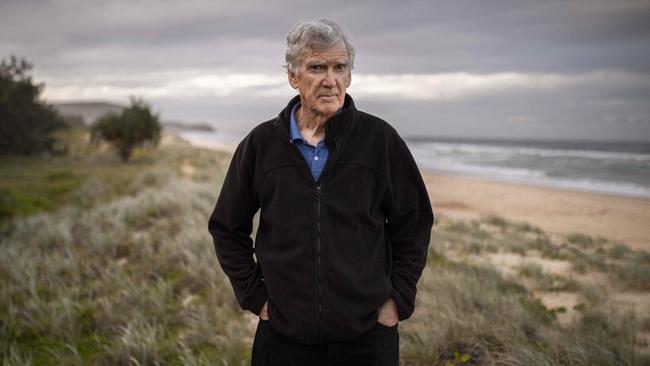
It’s a view mostly shared by Williamson, who has been depicting and satirising Australian culture since the 1970s. He said it was necessary to take on board the “sheer rage” that people of colour felt about racist stereotyping, but it was difficult to know where to draw the line. “I can understand tearing down the statue of a slave trader because there’s nothing redeeming about the slave trader — he can go into the river,” Williamson said. “But there is still something redeeming about a masterpiece like (Gone With the Wind), which is a flawed masterpiece because of its depiction.”
Viewers today — especially younger audiences, who were more educated and sensitised to the hurt and anger stereotypes caused — could recognise that the “icky bits” did not fit with their values, Williamson said. “With a work of art, that is good in so many ways, marred by bad racial stereotyping, I wouldn’t ban it or take it out of circulation. I’d expect an enlightened audience to know that the stereotyping parts are ugly and disregard them,” he added.
Otherwise, there were many Shakespearean works that should no longer be performed, and maybe it would “come to that”. “You would be virtually saying you can no longer perform The Taming of the Shrew by Shakespeare — because there is no doubt, no matter how directors try and twist it around, that the overall message is that a feisty woman can only be happy when she is subjugated by a bold, dominating man,” he said.
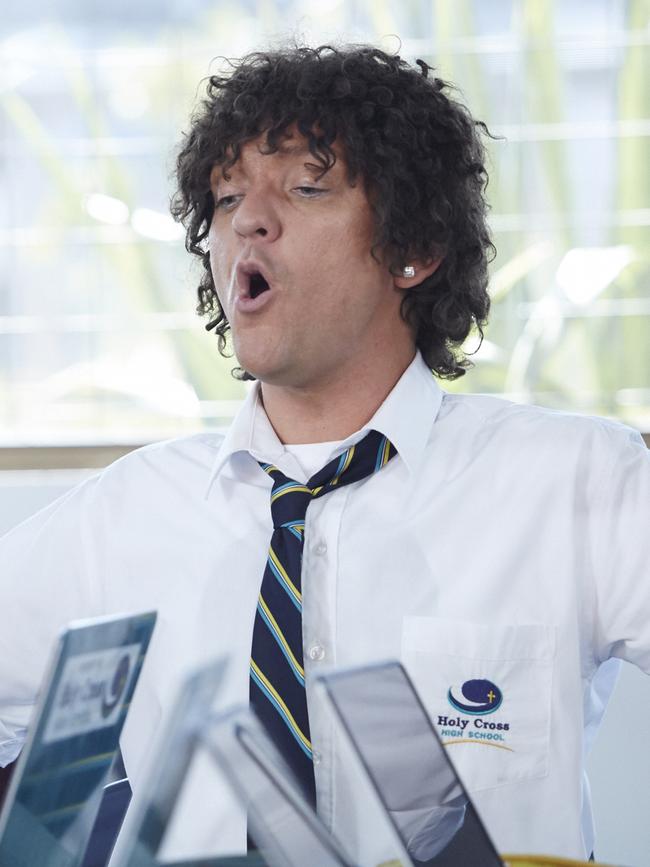
In Australia, Nine Entertainment and Seven West Media are reviewing their content, as is the ABC. “Community attitudes change across time and context, and we recognise that the ways in which some characters have been depicted in the past might be considered deeply objectionable or offensive today,” the public broadcaster said in a statement.
Nine Entertainment’s streaming service Stan has pulled sketch comedy Little Britain. Programs featuring Australian comedian Chris Lilley, in which he appears in “blackface” and “brownface”, have also been removed from Netflix, while the ABC — which originally aired the shows — hasn’t broadcast them since 2018. Lilley’s management at RGM Artists did not respond to requests for comment.
Veteran Australian actor Nadine Garner said it was important to remember the context in which actors crafted character.
“I don’t for a moment think that people like Chris Lilley and (Little Britain’s) David Walliams ever set out to make people feel hurt or offended,” Garner said.
“They’re incredibly talented artists who are trying to capture a character. I can tell you right now without knowing him that Chris Lilley does not want to be the person who is thought of as making fun of people of colour … What happens often in these cases is that we swing violently in one direction and then we sort of correct.”
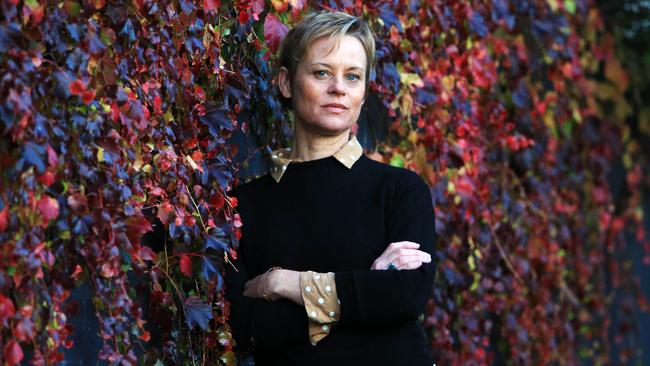
Tom Keneally, who wrote about indigenous Australia in The Chant of Jimmie Blacksmith and the Holocaust in the Booker Prize-winning Schindler’s Ark, said he agreed with the HBO decision, but added that it opened a door that could lead to a long corridor.
“The emancipation is unfinished business in the US, as the George Floyd protests suggest, just as the treatment of indigenous people is unfinished business in Australia,” Keneally said.
“The question does become, though, where to do this and where to not do it. That brilliant film on Hitler’s final days, Downfall, for example: do we need to put an explanation on that because it shows Nazis at a human level?’’
Bruce Isaacs, director of the film studies program at the University of Sydney, doesn’t believe HBO will “erase history” by removing the movie from its catalogue. Instead, he says, the content provider has pulled Gone with the Wind momentarily, while it considers how to “frame its content” in a more “sensitive and historically subtle way”.
Additional reporting: Stephen Romei, Max Maddison

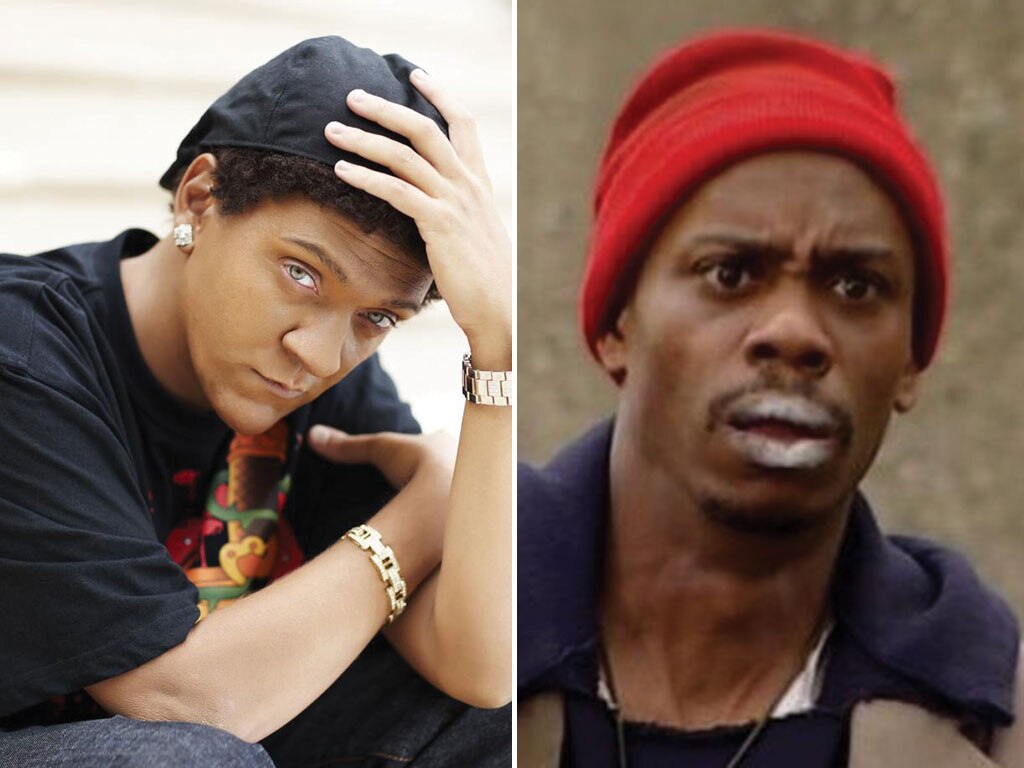





To join the conversation, please log in. Don't have an account? Register
Join the conversation, you are commenting as Logout